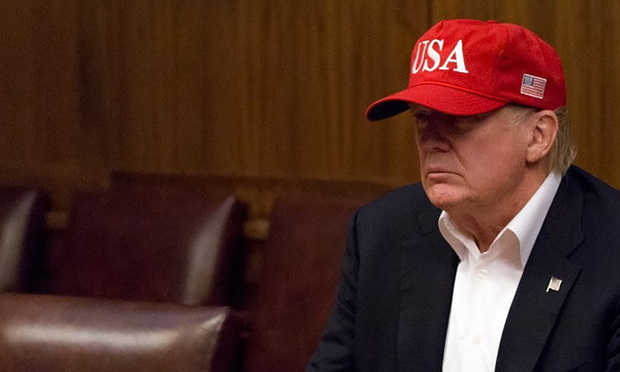Read more: Joe Arpaio Pardon Unleashes Surge of Censure
The nation’s judiciary, including U.S. Supreme Court Chief Justice John Roberts Jr., has been silent on the Arpaio pardon—a move that American Bar Association president Hilarie Bass on Aug. 25 called a “blatant disregard for the authority of the judiciary.”

Former U.S. District Judge Shira Scheindlin of the Southern District of New York, now of counsel at Stroock & Stroock & Lavan in New York, said there’s not much that sitting judges can say publicly—“the reaction has to come from the pundits and the press,” she said.
Still, Scheindlin, appointed to the bench in 1994, said she was troubled by Trump’s pardon of a contempt of court finding as well as the president’s reported questions to U.S. Attorney General Jeff Sessions earlier this year about dropping the Arpaio case.
“And [Trump] made statements saying [Arpaio] got convicted of doing [his] job,” Scheindlin said, referring to a speech the president gave last week in Arizona. “If the court said ‘You must stop,’ you stop. Then the president said he was arrested for doing his job. That’s not right.”
In contrast, Walter Kelley Jr., a former federal trial judge in the Eastern District of Virginia who is now a partner at Hausfeld, said the president’s pardon powers are absolute and Friday’s action does not implicate the judiciary. Kelley, nominated to the federal bench in 2004, told The Recorder on Monday:



